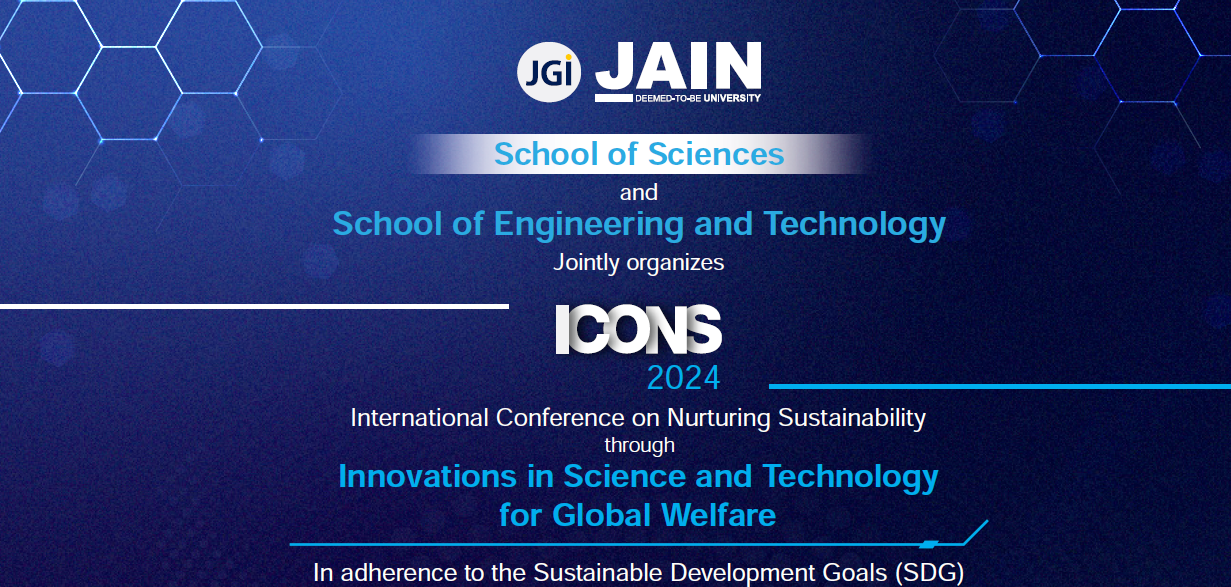Speakers
Description
Plastic cutlery, though viable, has significant social, environmental, and economic impacts. Highly energy-intensive production methods that cause ecological damage are posing a threat to ecosystems and lead to sea contamination. Disposable plastic cutlery has become increasingly common in several restaurants owing to its outstanding toughness and affordable price. Recycling plastic utensils is difficult and costly, resulting in increased pollution and environmental damage. Furthermore, toxins like Bisphenol A and polyethylene terephthalate in plastics, directly or indirectly can leech into food, causing health hazards. A demand exists for plastic replacements or better solutions. Furthermore, public awareness and the implementation of protective measures are being done to mitigate the detrimental effects of plastic contamination on the ecosystem. To reduce the amount of plastic waste entering the environment, great efforts are made all over the world to give the finest replacement for plastic disposals with equivalent features. One of the best replacements for plastic is edible cutlery. Edible cutlery will be a sustainable alternative as it is eco-friendly, biodegradable, and nutritious without any side effects. Our research work targets in manufacturing of edible cutlery using defatted rice bran as the chief ingredient (a residue of rice bran oil processing) that has several nutrients and active compositions with other multi-grains. These biodegradable utensils decrease pollution, encourage healthy eating, and reduce reliance on single-use plastics. A transition towards greener dining experiences can be achieved and restrict plastic cutlery usage hence promoting consumer awareness, ultimately helping the environment and public health.
Key Words: Edible Cutlery; Defatted rice bran; Biodegradable; Nutritious; Sustainability.

